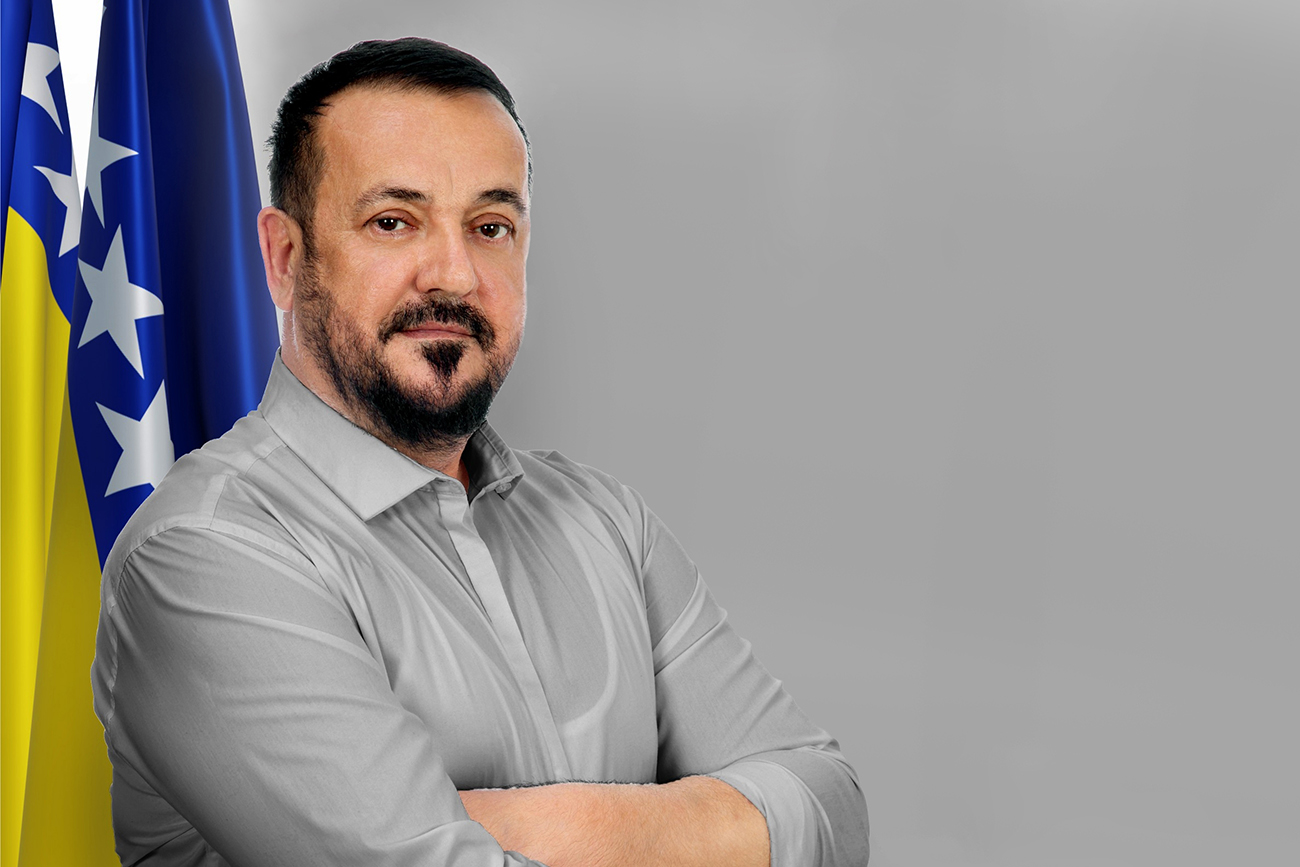In a report presented at today’s press conference in Sarajevo, the activists said that little work is being done, while money is being spent cavalierly. MPs have held 13 sessions during the six months totaling 77.5 hours, or on average one and half day a month. Their colleagues at the House of Representatives held 8 sessions totaling 13 hours. Notwithstanding this, they received between 4,800 KM and 7,000 KM a months. The activists warn that the MPs fees should be reevaluated considering the country’s mean wage and said that the MPs’ fees have increased around 100 percent in comparison with four years ago.
In its report, the CCI said that the Parliament worked during the first half without any guidelines. Fifteen bills were passed, while eleven were threw out. In comparison, the MPs in the Croatian parliament spent 58 days in session and effectively worked around 330 hours and passed 101 law. During the same period, MPs in Montenegro spent 42 days in sessions totaling around 140 hours and passing 56 laws.
CCI warned that the efficiency the current parliament make-up has been continuously going downhill and that it showed the worst results in the past six years. In the first half of 2012, the BiH council of ministers passed the least number of laws and resolutions since this institutions came into existence. In the first six months it was supposed to pass 386 resolutions. Of these, 231 was passed, while 150 were not passed even though they had been planned.
CCI activists say that the political parties enter into coalitions without deciding on joint plans and goals, and eventually end up in a stalemate. The nonchalance and lack of seriousness with which the politicians eye the serious issues and mutual rivalries is particularly worrying, says CCI’s spokesperson Majda Behrem-Stojanov and went on to say that those who decide on the future of the state and its citizens have no clear how to address the deadlocks.






